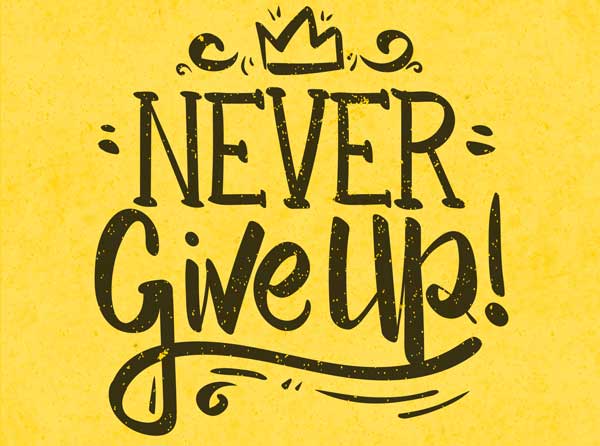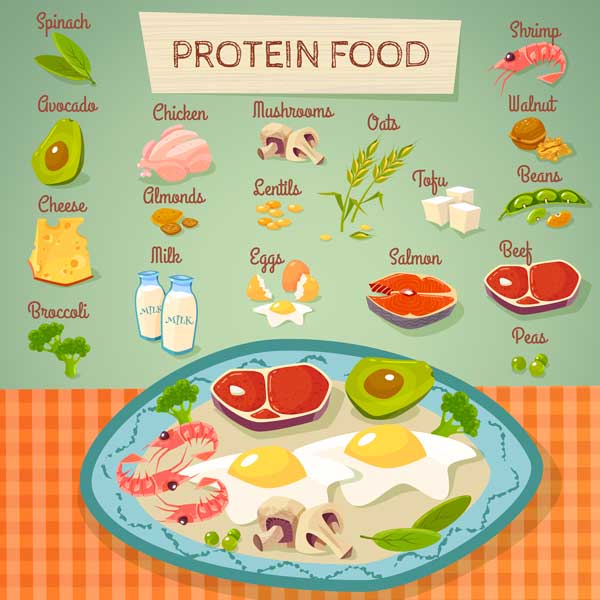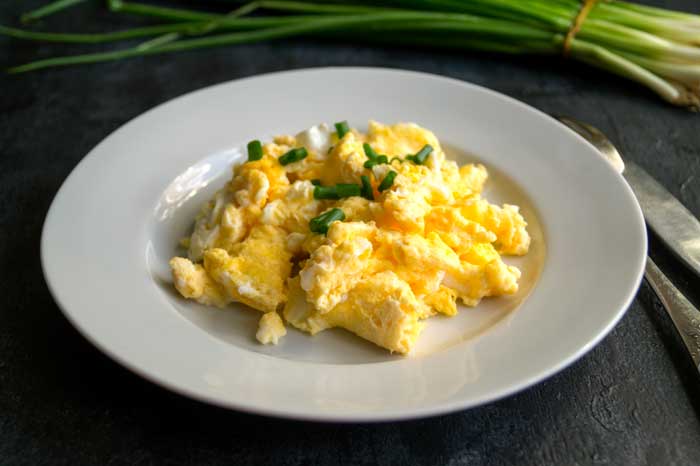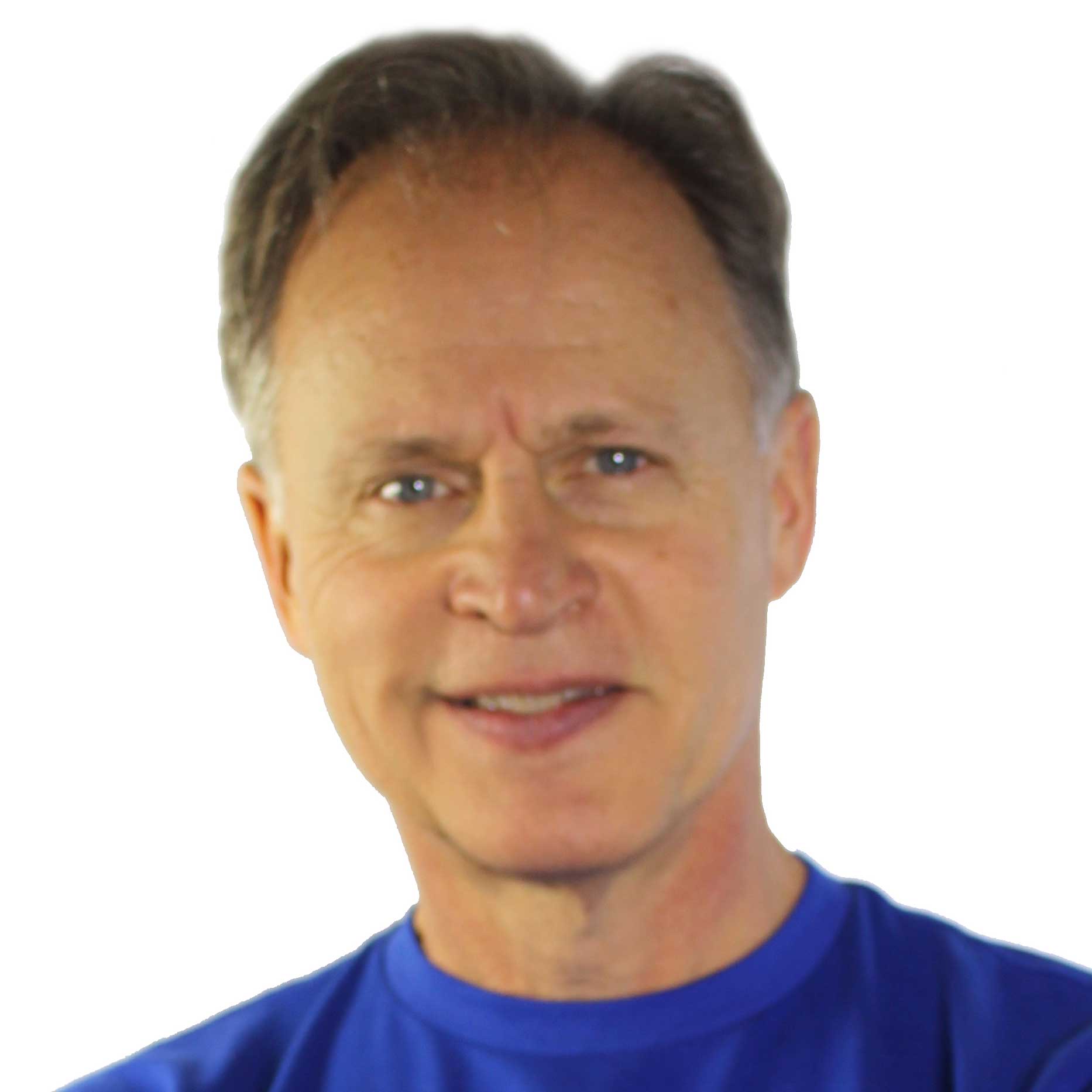How to Change Just One Meal and Finally Start Losing Weight Without Dieting or Exercise.
If you have weight to lose, there is one critical thing you absolutely must know. It is impossible to exercise your way out of a bad diet.
Exercise certainly helps, and you need it for more than just weight loss. Exercise also reduces chances of developing other debilitating, or life-threatening diseases.
But consider that a moderate intensity stationary bike ride will burn between 325 to 370 calories for a 30-minute workout. Also consider that a cheeseburger can range from 400 to 700 calories. Throw in some fries and a soda and you can clearly see that you’ll have to spend most of your day peddling if you want to lose weight while on a diet like this.
Of course, you don’t need exercise to burn all the calories you consume since your body burns calories even when resting, but the point is that you can’t count on exercise alone if you want to lose weight.
Why People Fail at Losing Weight
People often start intensive workout plans or restrictive diets and then when they fail to lose weight the get frustrated and quit. This loss of motivation is just one of the following three primary failures in weight loss:
- Loss of motivation to try to lose weight
- Belief that you must go on a restrictive diet
- Belief that you need long, strenuous exercise sessions
The good news is that you don’t need restrictive diets or intense workout programs. So that just leaves motivation. That’s what I’m here to help you with.
You’ll become motivated when you start to see results, and you’ll see results with changing just one of your meals…breakfast.

Eat a High-Protein Diet for Breakfast
You may not currently eat a breakfast, and if that‘s the case, just consider your first meal of the day to be breakfast. It doesn’t matter what time it is.
If you think about it, not eating all night is a form of fasting and with the first meal of the day you are breaking that fast. That’s where the name break-fast, or breakfast, came from.
But whenever you do eat your first meal, it should be a high-protein meal. There are lots of studies that prove that protein helps lose weight.
A University of Missouri-Columbia research study among teens compared eating a high-protein breakfast of 35 grams of protein to a normal-protein breakfast. The study found that the high-protein breakfast reduced daily food intake and feelings of hunger and prevented gains of body fat. (1)
This study was done on overweight teens that were divided into three groups, breakfast skippers, normal-protein breakfast eaters, and high-protein breakfast eaters.
The breakfast skippers did the worse in body fat mass, followed by normal-protein consumers. The high-protein diet had the best results.

The takeaway from this study other than the high-protein breakfast is best, is that skipping breakfast is not a good idea. In fact, those who skip breakfast are more likely to snack in the evening, which is the worst time to eat anything because your body doesn’t have time to burn the calories before you sleep.
Another study that did MRI scans of participants brains showed that eating a protein-rich breakfast reduced the signals in the brain that control food motivation and reward-driven behavior. (2)
Eating a high-protein breakfast led to visible reductions in the brain activity normally associated with appetite. It reduces your desire for food that you would have had if you skipped breakfast.
Another study showed that once you lose weight, a high protein diet also helps you keep the weight off. (3) And if you decide to cut calories in other meals, the protein can also help you maintain muscle. (4) Muscle burns more calories than fat so that’s a good thing.
So in summary, don’t skip a high-protein breakfast if you have been having problems losing weight or keeping it off! You’ll just be more likely to eat more later in the day.
Protein Burns More Calories in Digestion
In addition to feeling more full with higher protein food, your body uses more energy digesting protein that it does carbohydrates.
According to a study by Klaas Westerterp, your body uses significantly more calories to metabolize protein than carbs or fat. (5) The study measured Diet Induced Thermogenesis (DIT), which is energy dissipated as heat after a meal. The more heat produced the more calories you are burning. Here is what the DIT percentage for protein, carbs, and fat were found to be in this study:
- Protein = 20-30%
- Carbohydrates = 5-10%
- Fat = 0-3%
So when you start your day with a high-protein diet, you are not just reducing the number of calories you take in during the day because you’re not as hungry, your body is working harder to burn the calories you did eat. That’s a good thing for weight loss.
Eggs for Breakfast
A research study published in the International Journal of Obesity tested “the hypothesis that an egg breakfast, in contrast to a bagel breakfast that matched for energy density and total energy, would enhance weight loss in overweight and obese participants while on a reduced calorie weight loss diet.” (6) It was found that eggs do indeed enhance weight loss.
It isn’t that eggs induce the weight loss. It just keeps you from feeling hungry so quickly. In the study it states that an egg provides a 50% more feeling of fullness compared to white bread or breakfast cereal.
The benefit of not feeling as hungry so quickly is there is less of an urge for snacking in between meals and less of a desire to overeat for lunch. In fact, the study showed there was less food consumed for up to 24 hours after an egg breakfast.
Plus, eggs are high in protein, and as discussed above, protein increases your metabolism.

What About Eggs and Cholesterol?
Eggs have been a controversial subject for decades and the opinions keep changing.
Since eggs are a concentrated source of cholesterol, you may be concerned about what they do to your cholesterol level. For most people they increase your good cholesterol level and your bad cholesterol level stays about the same. (7) However, if you start losing weight your bad cholesterol level will likely go down.
The exception in this study is people who have Type 2 diabetes. For some reason people with Type 2 diabetes may see a cholesterol increase so consult your doctor if that is you.
However a new study in 2019 by Northwestern Medicine goes counter to this study. (8) Even though the 2015-2020 Dietary Guidelines for Americans no longer limited how many eggs you can eat, this study does not agree with that. The study included 30,000 people so it is one that should be listened to.
The conclusion of this study was that people who eat more eggs and dietary cholesterol have more heart disease.
Given the large number of people in this study I think it would be wise to only use an egg diet to jump start your weight loss and therefore increase your motivation to try other things. I have since switched to a plant-based protein breakfast since my cholesterol was higher than normal during a recent blood test.
The Breakfast I Used to Finally Lose Weight
Based on the above research I modified my breakfast routine since I was having a hard time keeping my weight down the older I got.
I really changed two things about my breakfast. One is I moved it back a couple of hours. I was having my breakfast at 7:30 am and I then moved it to 9:30 am or later. This also pushed back my lunch time. Dinner stayed the same time, but I was less hungry. Since evening is the worst time for a big meal, that’s a good thing.
The second thing I changed is I moved to a high-protein breakfast. Before this change I was having a fruit, vegetable, and protein powder smoothie that had around 19 grams of protein but was also high in sugar from the fruit.
The breakfast I changed to is not much higher in protein, but it has far less sugar, so it is starting my metabolism right for the day.
What I changed to is a simple and quick-to-make egg breakfast. I just combined the ingredients below into a ceramic egg cooker and put it in the microwave for a few minutes. You can use an egg cooker like this one: ceramic egg cooker
High-Protein Egg Breakfast Ingredients:
- 2 large eggs – 12 grams (sometimes I’ll have three eggs after a resistance training workout when my muscles need more protein)
- 1.5 ounce ham – 8 grams (or turkey bacon or other meat of your choice)
- ½ ounce shredded cheddar cheese – 1 gram
- A little shredded spinach leaf and whatever seasonings you want
Since I still loved the smoothie I used to have for breakfast, many days I just had it for lunch. If you want to see what it consisted of you can see it here: https://youtu.be/W7g1kl_6uTo
I used this breakfast for four months and now have switched to a more plant-based protein breakfast. My cholesterol was borderline high during a recent physical and I have never had that before. It could be just getting older or it could be the eggs.
I'm now experimenting with pea protein milk that is actually pretty tasty and I mix it with ice and Orgain Protein Superfood Powder. I also have a serving of mixed nuts which are high in fat but they are the kind of fats your body needs, especially in the morning.
Yogurt is also high in protein but you have to watch for the sugar content in it. Some of the plain yogurts are high-protein, low sugar but the don't taste the best. I've added a little honey to it which makes it taste better, but honey is sugar so not sure that is any better.
If you are on the go something like a Quest Protein Bar is low in sugar and has around 20 grams of protein.
Breakfast at Work
So you may be thinking that if you push your breakfast back you’ll be at work. If you have no choice but to eat your breakfast at work, you can prepare everything in advance and put it in plastic container. Most offices have a microwave and a fridge so you can bring your egg cooker and just make your breakfast there. Also, there are likely some other high-protein items you could substitute for this breakfast.
Conclusion
So technically just changing your breakfast is not the total solution for weight loss if it doesn’t also unconsciously cause you to change any of your other eating habits during the day. What I hope is that you will experience what I and others experience, which is a change in your desire to eat so much. The high-protein, low-surgar breakfast should help you with this change.
I’m not asking you to start any restrictive diet that totally cuts out certain food groups. These diets aren’t sustainable over the long term. All I’m asking is that you just try the recommendations in this article to see if you experience the changes I and others have experienced.
Once you start seeing the scale trend down, that’s when true motivation to make some other changes will kick in. Progress in the right direction is motivating so who knows, you may want to exercise too! I wish you the best of luck in your efforts to drop those extra pounds.
References:
- Protein-packed breakfast prevents body fat gain in overweight teens: https://onlinelibrary.wiley.com/doi/full/10.1002/oby.21185
- Neural Responses to Visual Food Stimuli After a Normal vs. Higher Protein Breakfast in Breakfast-Skipping Teens: A Pilot fMRI Study: https://www.ncbi.nlm.nih.gov/pmc/articles/PMC4034051/
- High protein intake sustains weight maintenance after body weight loss in humans: https://www.nature.com/articles/0802461
- Increased protein intake reduces lean body mass loss during weight loss in athletes: https://insights.ovid.com/crossref?an=00005768-201002000-00014
- Diet induced thermogenesis: https://www.ncbi.nlm.nih.gov/pmc/articles/PMC524030/
- Egg breakfast enhances weight loss: https://www.ncbi.nlm.nih.gov/pmc/articles/PMC2755181
- Eggs and Cholesterol - How Many Eggs Can You Safely Eat?: https://www.healthline.com/nutrition/how-many-eggs-should-you-eat
- Higher egg and cholesterol consumption hikes heart disease and early death risk: https://www.sciencedaily.com/releases/2019/03/190315110858.htm

Tim Bruxvoort is founder of FitManPlan.com whose mission it is to help men over 40 live the best version of their lives through fitness, nutrition, pain management, and improved life skills. He is a long-time, aging entrepreneur and health enthusiast who has experienced many of the challenges currently being faced by other men over 40 and his goal is to deliver solutions to help them achieve their fitness and health goals.
